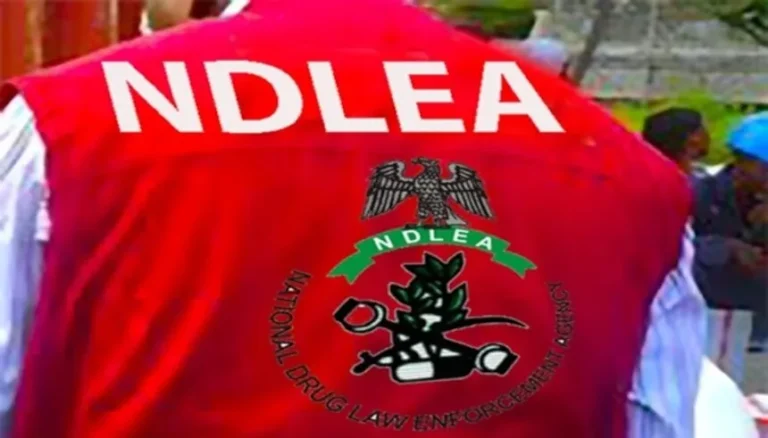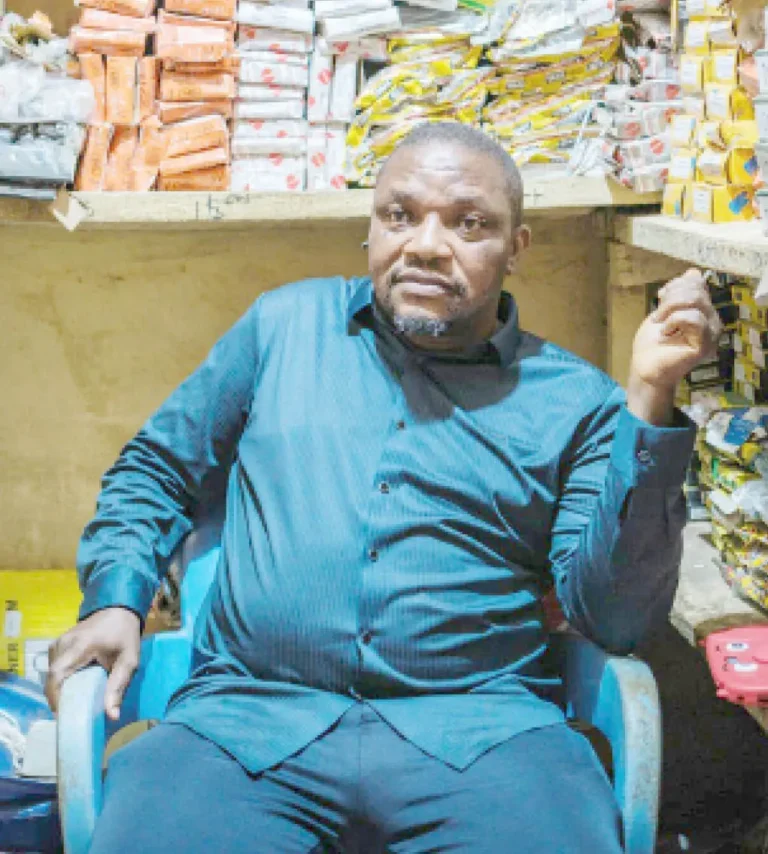
When the Lagos State Independent Electoral Commission (LASIEC) announced July 12 as the date for the state’s local government elections, many political watchers already predicted the outcome: a sweeping victory for the ruling All Progressives Congress (APC).
Barely 24 hours after the polls closed, LASIEC declared the APC winners of all 20 local government area (LGA) chairmanship seats. The party also claimed all 37 chairmanship positions in the Local Council Development Areas (LCDAs), consolidating its longstanding grip on Lagos grassroots politics.
The APC further swept 375 councillorship seats, leaving the Peoples Democratic Party (PDP) with just one seat—a glaring reflection of the party’s overwhelming dominance and the fragmented state of the opposition.
The APC further swept 375 councillorship seats, leaving the Peoples Democratic Party (PDP) with just one seat—a glaring reflection of the party’s overwhelming dominance and the fragmented state of the opposition.
The chairperson of LASIEC, Justice Ayotunde Phillips (retd.), announced the results at the commission’s headquarters in Yaba on Sunday. She congratulated the winners but reminded them of the responsibilities that lie ahead.
“This is not just a call for celebration but a mandate to serve the people who voted for you,” she said.
Fifteen political parties participated in Saturday’s election. However, widespread reports of logistical lapses, voter apathy, and electoral discrepancies have cast a shadow over the credibility of the exercise.
Low turnout, delays mar exercise
Despite a statewide declaration of a public holiday and appeals from top government officials, including Governor Babajide Sanwo-Olu, to encourage participation, turnout remained disappointingly low.
In many polling units across the state, including Ojodu and Ikosi-Isheri, Daily Trust observed scanty voter presence and delayed arrival of electoral materials. At Polling Units 061 and 008 in Ojodu LGA, election officials were yet to arrive as of 11 a.m. Only about eight voters were present, many of whom expressed frustration over the delay.
In Obalende, security personnel were seen dismantling makeshift goalposts as youths played football on the road around 9:15 a.m., another sign of voter disengagement.
In several areas, the election took on the appearance of a symbolic ritual rather than a competitive democratic contest.
Missing logos and legal threats
The Social Democratic Party (SDP) cried foul over the omission of its logo on the ballot papers. Its Lagos State chairman, Femi Olaniyi, accused LASIEC of deliberately excluding the party and vowed to challenge the election results in court.
“This is disenfranchisement. LASIEC has shut us out of the election entirely,” he told reporters.
Olaniyi’s complaint added to a growing chorus of opposition voices questioning the transparency and independence of LASIEC.
Former Lagos State Deputy Governor, Kofoworola Bucknor-Akerele, was among those who alleged disenfranchisement. Speaking with Nigeria Info, she expressed dismay over her inability to vote at her polling unit.
“I went to my unit, and my name was not on the register,” she said. “Several units were moved without prior notice. There’s a clear effort to rig the election in favour of one party.”
She called for the cancellation of the entire exercise, citing widespread logistical failures and targeted voter suppression.
The Accord Party joined the fray, calling for the abolition of State Independent Electoral Commissions (SIECs), including LASIEC.
In an interview with the journalists, the party’s Lagos chairman, Dele Oladeji, described the election as deeply flawed.
“State electoral commissions are not independent. LASIEC is an example. If we want true grassroots democracy, INEC should take over LG elections,” he said.
Oladeji alleged that many opposition candidates were disenfranchised, while some were uncertain about their eligibility until election day.
He dismissed concerns about overburdening INEC, saying the national body is better equipped and experienced to handle council elections with fairness and transparency.
“INEC has the structure, systems, and credibility. If they conduct local elections, public confidence will improve,” he added.
Amid the controversies, the APC Lagos Chapter hailed its performance as a validation of the people’s trust. In a statement, the party’s spokesperson, Seye Oladejo, described the outcome as a “resounding victory.”
“This win reflects the enduring relationship between the APC and the people of Lagos. It confirms their confidence in our leadership and development agenda at the grassroots,” he said.
Oladejo commended party loyalists and campaign teams for their discipline and unity during the electioneering process. He thanked Lagos residents for their support, saying the mandate would further energise the APC’s commitment to inclusive governance and service delivery.
“The Lagos APC remains humbled by this mandate. We will continue to strive to justify the trust reposed in us. As we move forward, we urge all residents to stay engaged, united, and hopeful, as we build a greater Lagos together,” the statement added.
Critics question legitimacy of outcome
Despite the APC’s celebrations, the legitimacy of the election remains contested. With 413 top-tier positions—comprising 57 chairmen and 356 councillors—claimed by the ruling party and only one councillorship seat awarded to the PDP, critics argue that the contest lacked competitiveness.
Election observers say Saturday’s poll reinforced long-standing concerns about the neutrality of state electoral bodies and the institutional hurdles faced by opposition parties at the grassroots level.
While LASIEC has yet to release a full report on the election, political analysts believe the fallout from the July 12 poll could reignite the long-standing debate on electoral reforms—particularly the push to transfer local government election oversight from SIECs to INEC.
Analysts observed that the poll, though local in scope, has national implications. Lagos remains President Bola Tinubu’s political base, and the APC’s clean sweep—even amid internal discord and rising voter apathy—signals that the party still holds sway in the state.
DAILY TRUST.




